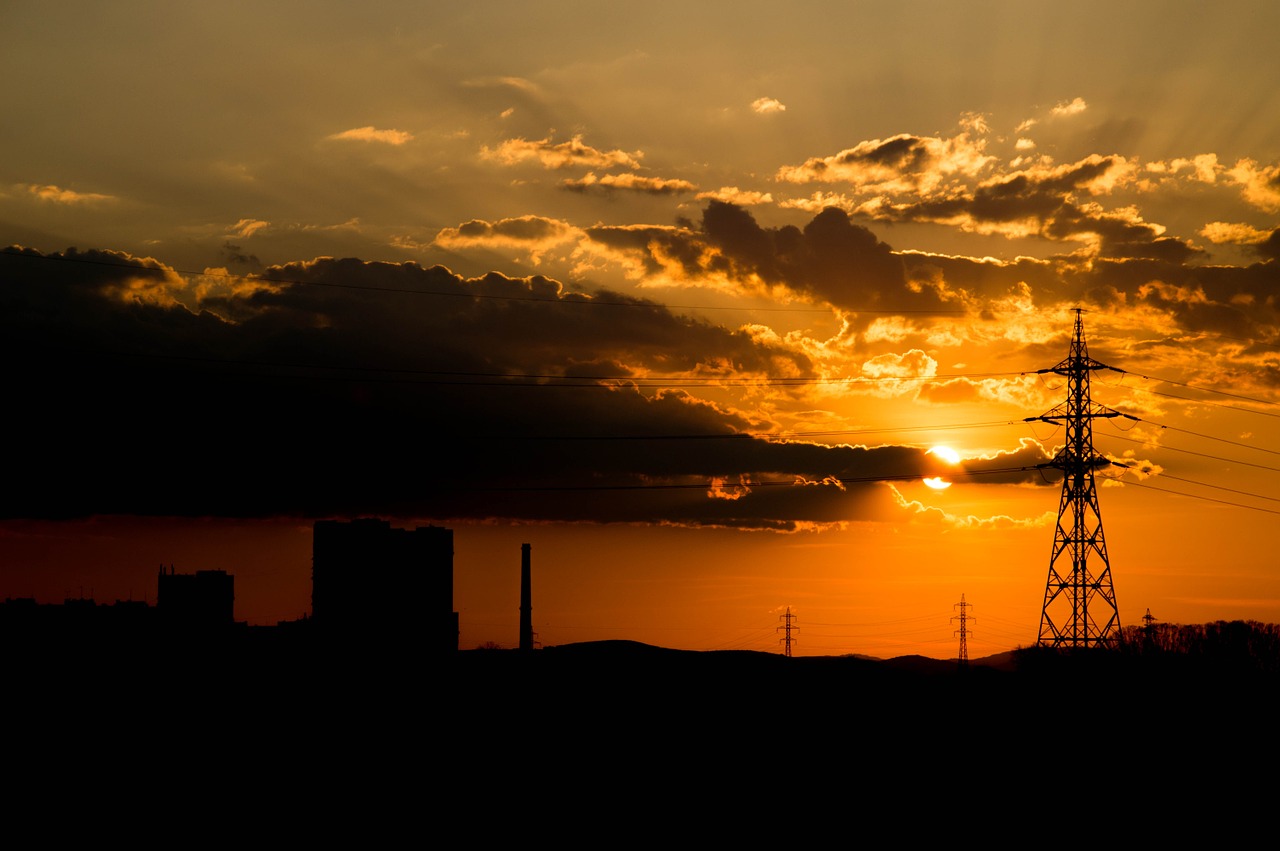By Frank Andorka, Senior Correspondent
What Happened: The swath of destruction the Connecticut legislature is about to cut through the solar industry with their latest bill to replace net metering is breathtaking and stupefying to behold.

The level of awful in the Connecticut solar bill that is careening drunkenly toward passage as the session comes to an end is breathtaking in scope and stupidity.
SolarWakeup’s View: Connecticut Senate Bill (SB 9) is the perfect distillation of everything that solar opponents use when they’re trying to destroy solar industries in various states.
For today’s lesson in bad solar ideas, let’s just start with the legislature’s decision to eliminate net metering.
As introduced, SB 9 moved solar power from net metering to a “sell all, buy all” system, meaning that homeowners with solar on their rooftops wouldn’t be allowed to use the electricity they produce themselves. Instead, they would have to sell all their electricity to the utility at a lower, wholesale rate. Then the homeowners would be required to buy all their electricity back from the utility at the higher retail rate. Solar advocates in the state say this is akin to having the utilities seize the solar panels from customers’ roofs and charging them for the privilege.
This is, seriously, one of my favorite anti-solar policies because, DID YOU READ IT? They want solar consumers to sell their power to the utility so it can be sold back to them at a higher rate. Somewhere, Bernie Madoff is smacking his forehead and saying, “Why didn’t I think of that?”
Pushback against this idiotic scheme has led solar opponents to say, “OK, fine. We won’t violate your property rights that way. Here’s another scheme, though, that we think you’ll LOVE!”
The replacement is called “simultaneous consumption,” which means that every kilowatt-hour solar consumers produce will be credited immediately, and then the public service commission will choose what the utilities will pay them for their excess production. ‘Cause, you know, that’s fair.
As The Alliance for Solar Choice (TASC) argues,
Its uncertainty would jeopardize the financibility of systems, which will disproportionately impact low-income customers who depend upon it. It also disadvantages working people who cannot change when they use electricity.
And that’s just the beginning of what’s wrong with this bill. Just you wait – if you think it can’t get any worse, wait until you see my next article.
I can’t urge you strongly enough to get on the phones and tell Connecticut legislators not to destroy the state’s solar industry by passing this bill. No, seriously. Do it now. You only have seven days left to stop this monstrosity.
More:
Here’s this asinine bill:
SB 9


